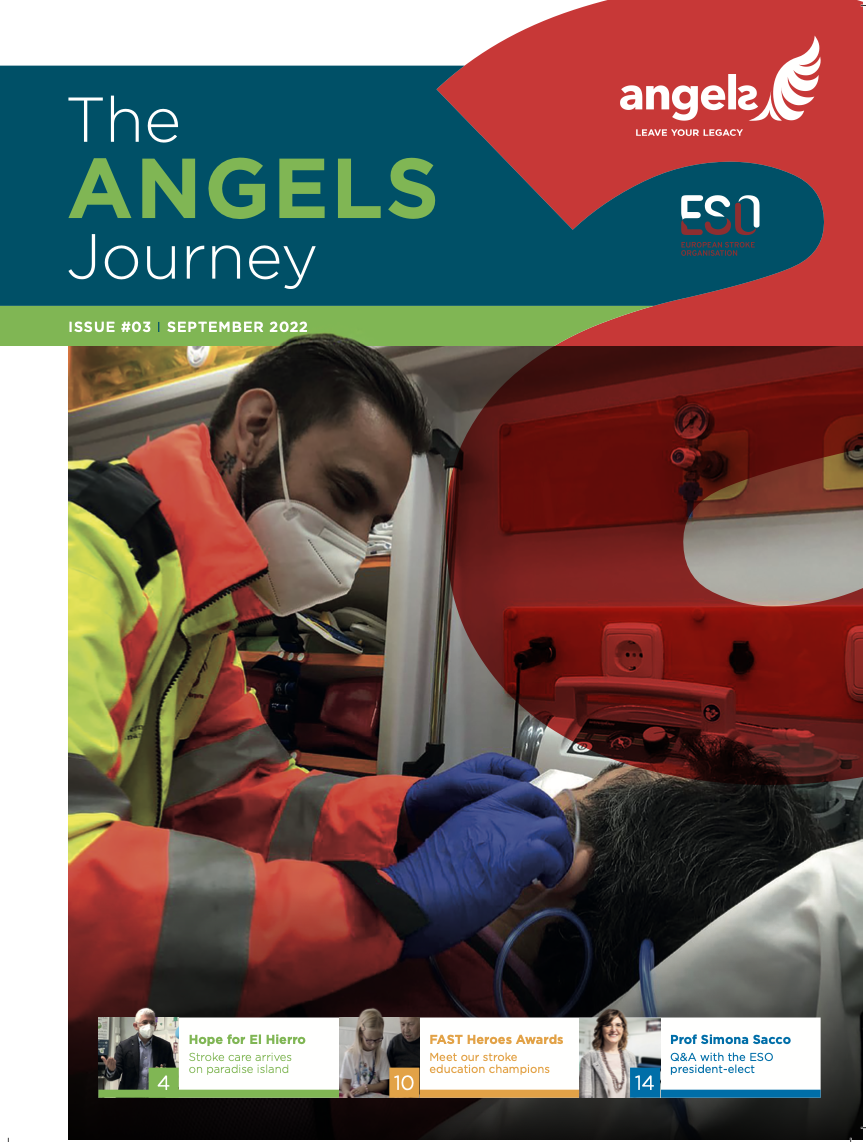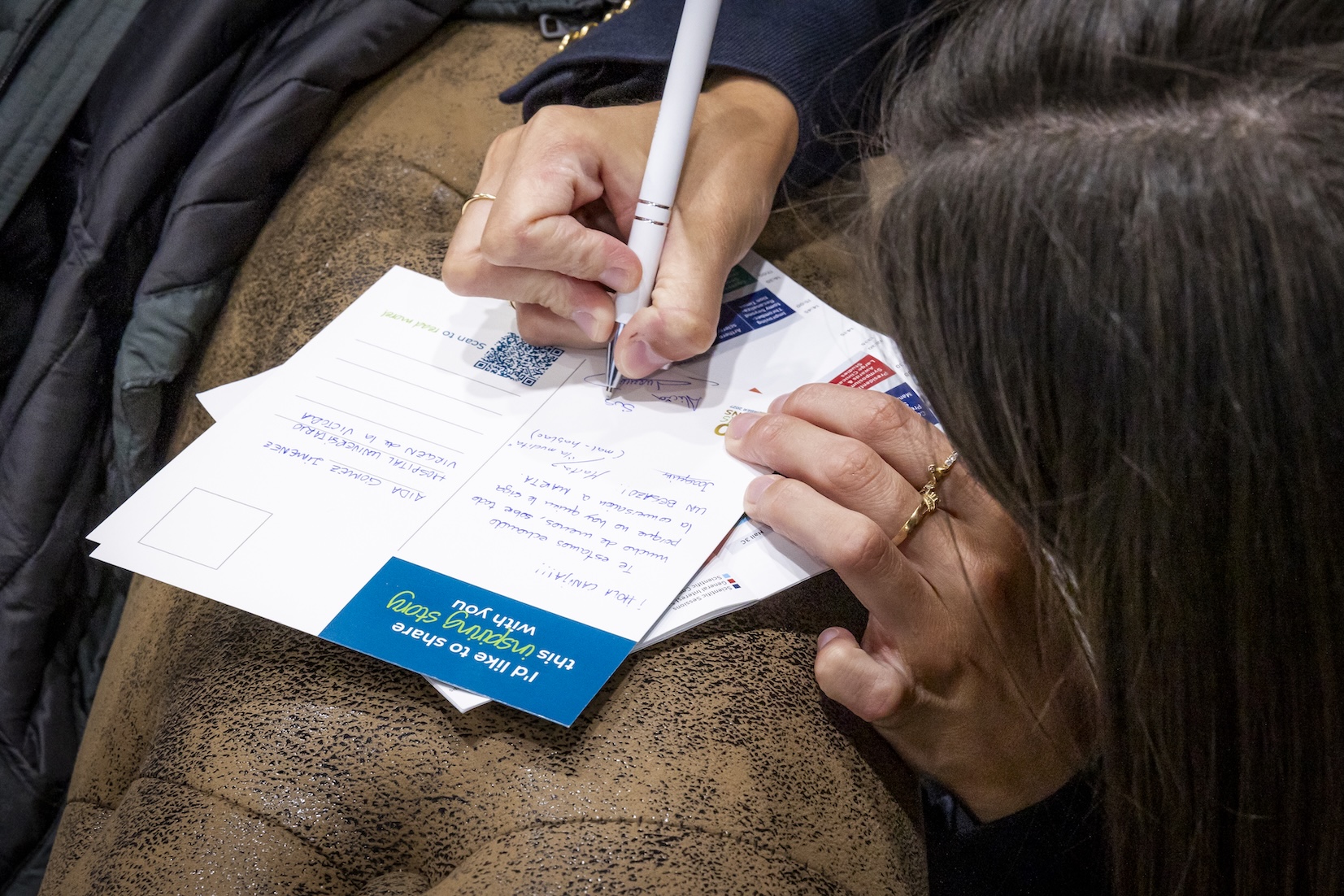
W ciągu ostatnich kilku lat wiele osób zainspirowało nas pasją i rozwiązaniem, które okazują z korzyścią dla swoich pacjentów. Często jednak przypominamy nam, że poprawa leczenie udaru nie może być tylko pracą wybitnych, pełnych pasji osób. Jeśli chcesz zmienić świat, potrzebujesz czegoś więcej niż tylko sprytnych, troskliwych ludzi – potrzebujesz plemienia.
Sukces firmy zależy od jej plemion. Siła jego plebów jest określana na podstawie kultury plemiennej, napisać Dave Logan, John King i Halee Fischer-Wright w książce o kulturze plemiennej, która opiera się na 10-letnim badaniu 24 000 osób w ponad dziesiątkach organizacji. W swoim najlepszym przywódczym przywództwie plemiennym opisują pięć etapów kultury plemiennych, które pomagają lub utrudniają nasze postępy w osiąganiu naszych celów.
Pierwsze plemiona są wrogie i dysfunkcyjne, ich nastawienie podsumowano pomysłem, że "żyje ssie". Więźnie są plemionami pierwszego stopnia, ale znajdują się również w życiu cywilnym, gdzie mogą tworzyć skandale, wykraść ich pracodawcę lub grozić przemoc.
Pięciny drugiego etapu są zwykle obecne w organizacjach osiągających słabe wyniki lub w departamentach rządowych działających niefunkcjonalnie. Uważają również, że życie ssie – ale tylko dla nich. Inni uważają, że są lepsi niż inni. Często sarkastyczny i pasywnie antagonistyczny, można na nich oprzeć się nowym inicjatywom zarządzania.
Etap trzeci to miejsce, w którym możliwy jest pewien poziom sukcesu. Trzy pleśnie stanowią 49 procent populacji i zazwyczaj składają się z inteligentnych, zorientowanych na motywację osób pracujących w środowisku, które nagradza indywidualne wysiłki. "Jestem wspaniale", wierzyją członkowie trzech plemiennych grup, ale także często uważają, że osiągnęliby o wiele więcej, gdyby tylko oni byli otoczoni ludźmi, którzy byli w równym stopniu podarowani. Chcą osiągnąć sukces, ale wkrótce trafią na sufit ze szkła – chyba że mogą przejść z bycia wspaniałymi pracownikami do bycia wspaniałymi zespołami.
Stadium czterech plebistek ceni pracę zespołową i kreatywność. Zastąpili język "Jestem świetna" ideą, że "Jestem świetna". To właśnie tu utalentowane osoby zdają sobie sprawę, że mogą osiągać więcej, gdy pracują razem. Ten etap osiąga tylko około 22 procent pleśni.
Jeśli chcesz osiągnąć prawdziwy sukces, to czwarty etap to miejsce, w którym warto się znaleźć. Ale jeśli chcesz zmienić świat, musisz spróbować stać się pięcioma plemieniem. Tylko około 2% pleśni dociera do tego etapu, ale gdy się to odbywa, zmieniają świat. Pięcioetnicze pleśnie składają się z wysoce inteligentnych ludzi, którzy przeszli poza etap trzeci i zdali sobie sprawę, że pracując jako zespół mogą osiągnąć więcej. Ale to, co ich wyróżnia, to, że wszyscy wierzą w wyższy cel. To właśnie ten cel motywuje ich do zmiany świata.
Według Logan i wsp. istnieją dwa ważne czynniki, które pozwalają trzem przejść z etapu czwartego do piątego – identyfikując i wykorzystując wartości podstawowe i dostosowując je do przyczyny szlachetnej. Piszą, "Co innego, tribę należy rozłożyć pomiędzy te konstrukcje. Projekty, działania, inicjatywy, procesy – o ile nie są napędzane wartościami i nie osiągają wizji plemiennych – powinny być przemyślane do momentu, gdy będą zgodne z tymi zasadami przewodnimi lub zostaną przycięte. Z definicji, podstawowe wartości i szlachetna przyczyna nigdy nie mogą być „odznaczone” w sposób, w jaki firmy dokonują aktualizacji technologii komputerowej”.
W ostatnim wydaniu Angels Journey możesz przeczytać, w jaki sposób trzy pleśnie etapu stały się plebiszonem etapu czwartego na niewielkiej wyspie wulkanicznej o nazwie El Hierro, gdy wartości podstawowe zostały wyrównane, a nowa przyczyna szlachetna została przyjęta przez wszystkich. W szpitalu Péterfy Hospital w okolicach Budapesztu, gdzie przekonanie do pracy zespołowej pomogło lekarzom utrzymać jakość opieki nawet w najbardziej wymagających okolicznościach.
Nie ma lepszej lekcji na temat podstawowych wartości niż w naszym zespole podczas pierwszego, w historii Bohaterowie drużyny FAST, wydarzenia. Jako jeden z naszych honorów Elbieta Januszkiewicz z Polski powiedziała: "Program Bohaterowie drużyny FAST umożliwia dzieciom doświadczanie wartości, które chcemy im zachęcić. Uczą się, że uprzejmość, pomaganie innym, zdobywanie wiedzy i dzielenie się nią to „supermoce”, które mogłyby uratować czyjeś życie lub zdrowie".
Szlachetna przyczyna napędza dr Claudio Jiménez, neurolog w szpitalu Bogotá's Simón Bolívar, który mówi nam: "Kiedy na koniec rozumiemy, że współpracując ze sobą... osiągniemy o wiele więcej niż centrum doskonałości w neurologia – wtedy zbudujemy miejsce, które jest naszym miejscem i należy do wszystkich."
Zaangażowanie na rzecz prostoty procesu jest kluczową wartością w Angels – trudno byłoby znaleźć lepszy przykład tego, niż w naszej historia dotyczącej powiadamiania z wyprzedzeniem w Polsce.
Rozmawiamy również z Europejska Organizacja Udarowa (ESO) o jej wizji leczenie udaru mózgu w Europie i przedstawiamy dwóch nowych członków naszej pleminy. Tak zwane Baby Angels Inês Carvalho (Portugalia) i Eleni Panoutsopoulou (Grecja) dzielą się swoimi przemyśleniami na temat pierwszych kilku miesięcy jako konsultanci Angels.
Twoje historie o zmianach, które są naszym przywilejem, również nas zmieniają. Jest to część Twojego sukcesu, który prowadzi do lepszych wyników dla pacjentów – celu, który motywuje naszą pląsarkę do zmiany świata.





